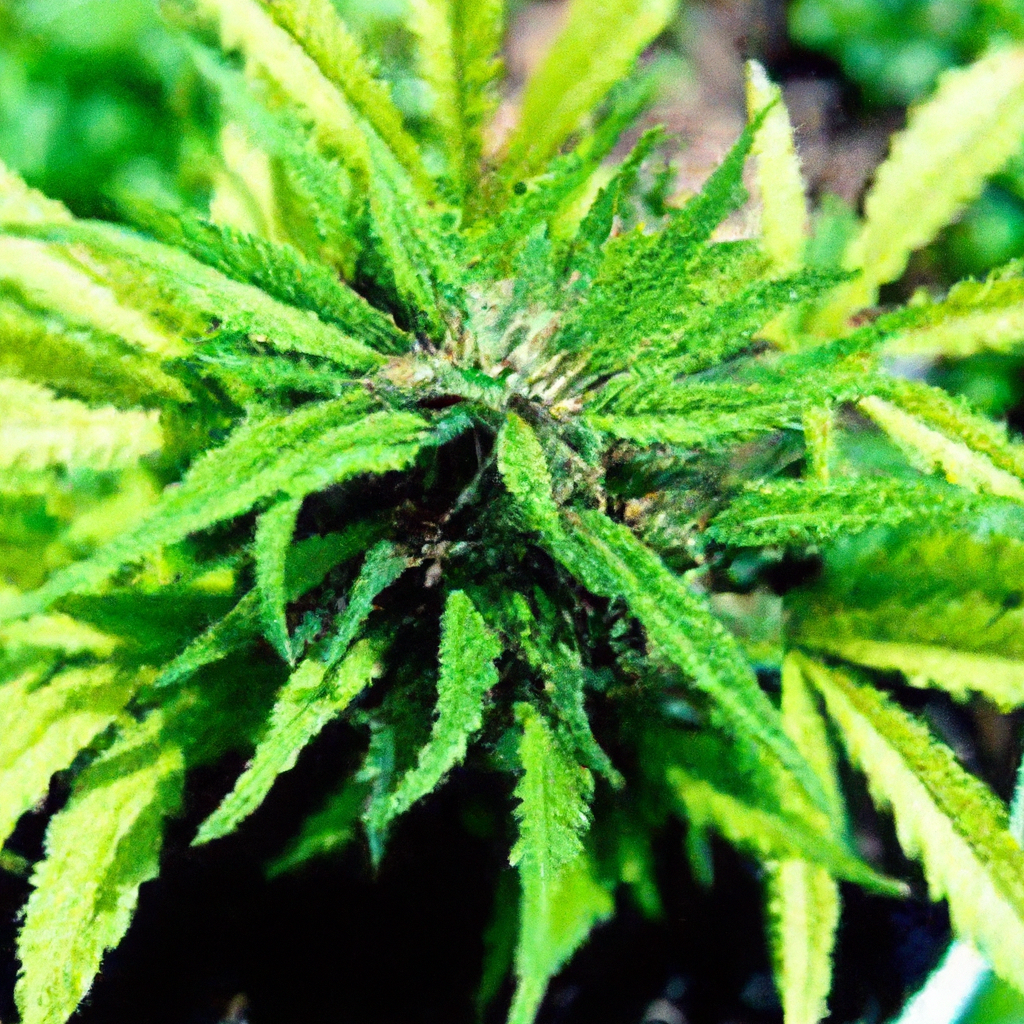Your cart is currently empty!
Organic cannabis cultivation offers an avenue for growers to produce plants in harmony with the environment while minimizing the use of harmful synthetic chemicals. Emphasizing natural fertilizers, compost, and eco-friendly pest control methods, the focus is on creating a sustainable ecosystem that benefits both the earth and consumers.
1. Building Healthy Soil Ecosystems
Healthy soil is the cornerstone of successful organic cannabis cultivation. The goal is to enhance the soil’s natural fertility and structure to foster robust plant growth.
- Layering with Compost: Regularly incorporating high-quality compost into your soil can provide essential nutrients and improve soil structure. Compost acts as a natural fertilizer, encouraging beneficial microbial activity.
- Using Cover Crops: Planting cover crops like clover or rye can prevent soil erosion and contribute to the nitrogen content, promoting fertile ground.
- Soil Testing: Conduct soil tests to understand pH levels and nutrient composition. Tailor your organic amendments to address any deficiencies for optimal plant health.
2. Natural Fertilizers and Nutrient Management
Organic fertilizers not only benefit plant growth but also enhance soil fertility over time. These natural amendments avoid the environmental harm caused by synthetic alternatives.
- Manures and Animal Waste: Poultry manure and worm castings are excellent sources of nutrients, providing nitrogen, phosphorus, and potassium.
- Plant-Based Fertilizers: Alfalfa meal and kelp meal offer a boost in micronutrients such as iron and zinc, vital for plant development.
- Incorporating Bone and Blood Meal: These are rich in phosphorus and provide plants with essential minerals required for flowering and fruiting stages.
3. Eco-Friendly Pest Control Methods
Organic growers prioritize natural pest management techniques that protect the ecosystem and reduce harmful impacts on the environment.
- Companion Planting: Strategically plant species like marigolds or basil to repel pests while attracting beneficial insects that serve as natural predators.
- Neem Oil and Insecticidal Soaps: These offer an organic approach to deterring pests without residual harm to plants or beneficial organisms.
- Beneficial Insects: Introduce insects such as ladybugs or predatory mites to control aphid and mite populations naturally.
4. Commitment to Sustainable Practices
Organic cannabis cultivation fosters sustainability by maintaining ecological balance and reducing the carbon footprint of growing operations.
- Water Conservation: Implementing drip irrigation systems can significantly reduce water usage and decrease waste.
- Renewable Energy Sources: Utilizing solar panels or wind energy lessens reliance on fossil fuels, making operations eco-friendlier.
- Recycling and Reusing: Embrace recycling measures by reusing materials and composting plant waste to close the loop on your growing cycle.
Conclusion
By integrating these organic practices, cannabis cultivators not only produce premium, environmentally-friendly products but also contribute positively to sustainable agriculture. Emphasizing soil health, natural fertilization, and eco-conscious pest control, the pathway to thriving organic cannabis cultivation aligns economic practices with ecological responsibility.
Tags: OrganicGrowing, Compost, Sustainability, PestControl, SoilHealth


Leave a Reply